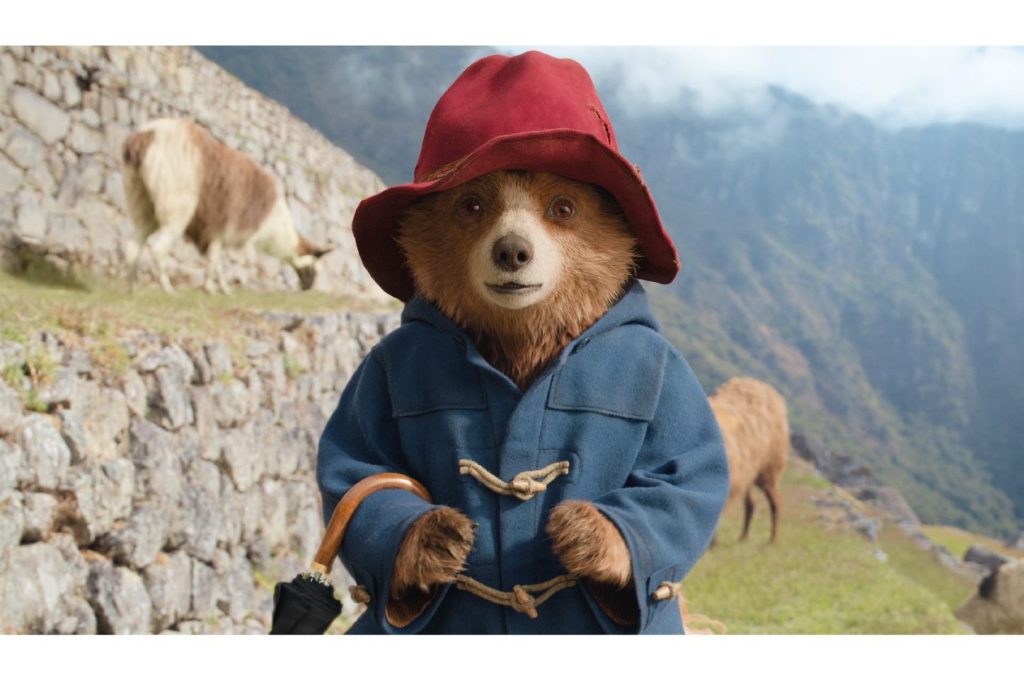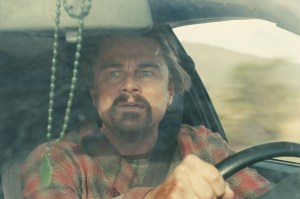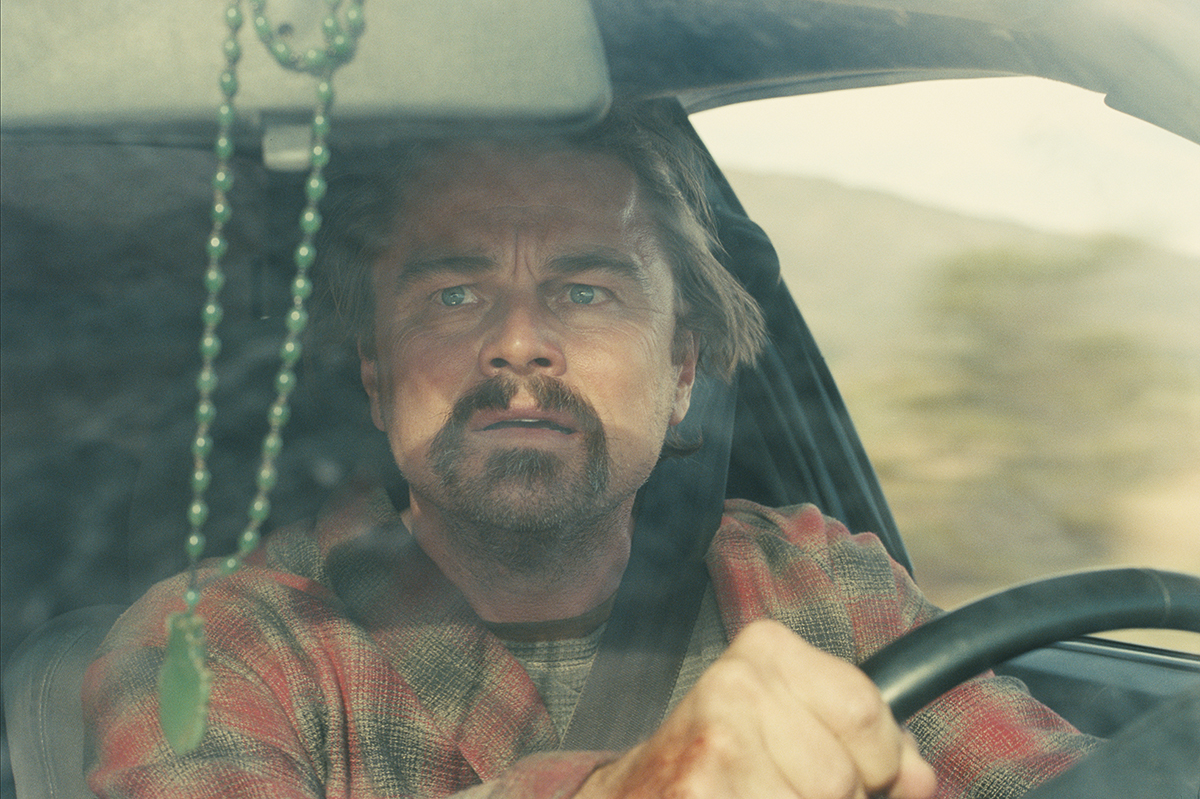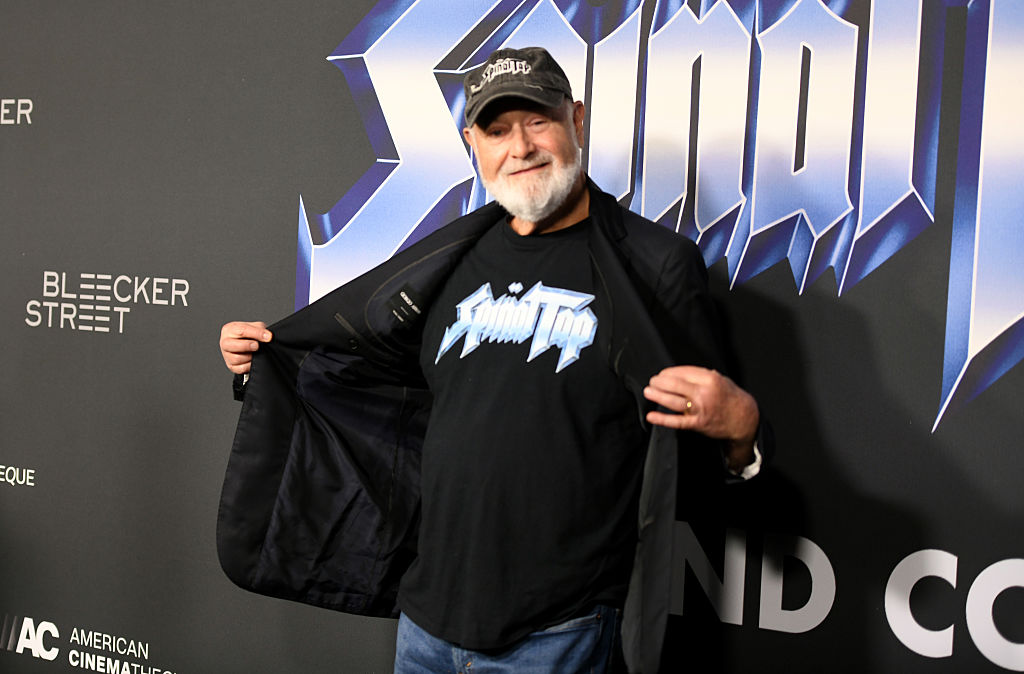Toy Story or The Godfather? Which way would Paddington in Peru go? Would the third installment of a much-cherished series prove even better than the second (which was even better than the first)? Or would it be a thumping disappointment? The anti-climactic answer turns out to be a firm “neither.” While enjoyable enough, this is a rare example of a film that’s both too cautious and wildly over the top at the same time.
What really powers the film is the goodwill of the audience towards the franchise
It begins with Paddington — voiced as irresistibly as ever by Ben Whishaw — getting a letter from the Reverend Mother at the Home for Retired Bears in Peru where his beloved Aunt Lucy lives. Hearing Lucy is missing him badly, Paddington, of course, wants to visit — and, as luck would have it, Mr. and Mrs. Brown fancy the trip too.
For Mrs. B (Emily Mortimer, replacing Sally Hawkins), it’s a chance for the family to be together now that the children have entered the distant-teenager years. For Mr. B (still Hugh Bonneville), it’s an opportunity to show his thrusting young colleagues that he’s not the standard risk-averse middle-aged dad he appears to be (largely because he is).
And so, in the timeless and cheerfully anachronistic way of the franchise, they fly off from twenty-first-century London in a propellor-driven passenger plane. Arriving in Peru, they duly find a land of wall-to-wall ponchos and panpipes — but when they reach the Home, Lucy isn’t there. Instead, she’s disappeared into the Amazon jungle leaving behind just her bracelet, her glasses and a whopping clue that she’s gone to the ancient Inca site of Roomy Rock.
At this stage, about the only traditional signifiers of Peru we’re missing are Machu Picchu and El Dorado — but not for long. Once the Browns have sailed upriver in a boat piloted by the hunky Captain Cabot, it becomes clear that Roomy Rock is the gateway to both.
This is the first Paddington film not directed by Paul King, and his replacement is Dougal Wilson, who’s never made a movie before — although you may be familiar with his work on the John Lewis Christmas ads. Perhaps for this reason, the result is a rather nervous affair, paradoxically seeking to take no chances by throwing everything at the wall, piling up the action sequences (mostly great) and the slapstick comedy (more hit and miss) without giving itself much chance to breathe.
Through all of this, the film is particularly assiduous in its deployment of Chekhov guns: any prop we see in the early scenes, however passingly, will have several uses in the later ones. The trouble is that this feels increasingly workmanlike, as if a screenwriting manual was never far from hand. The same applies to the inclusion of its edifying authorial messages — that the immigrant Londoner Paddington will always have roots in Peru, and that love is far more important than gold.
There’s also the absence of a properly hissable baddie. I don’t think it’s a spoiler to say that the sinister vibes given off by Olivia Colman’s Reverend Mother and Antonio Banderas’s riverboat captain aren’t deceptive. Yet, while both throw themselves into the roles with winning relish, the real scene-stealing comes at the end when Hugh Grant makes a brief reappearance as the villainous actor from Paddington 2: a possibly unwise reminder of what we’ve been missing.
My guess is that if you take children to Paddington in Peru, they’ll have a pretty fun time — and you certainly won’t be bored. Judging from the packed screening I saw, though, what really powers the film is the goodwill of the audience towards the franchise as a whole.





















